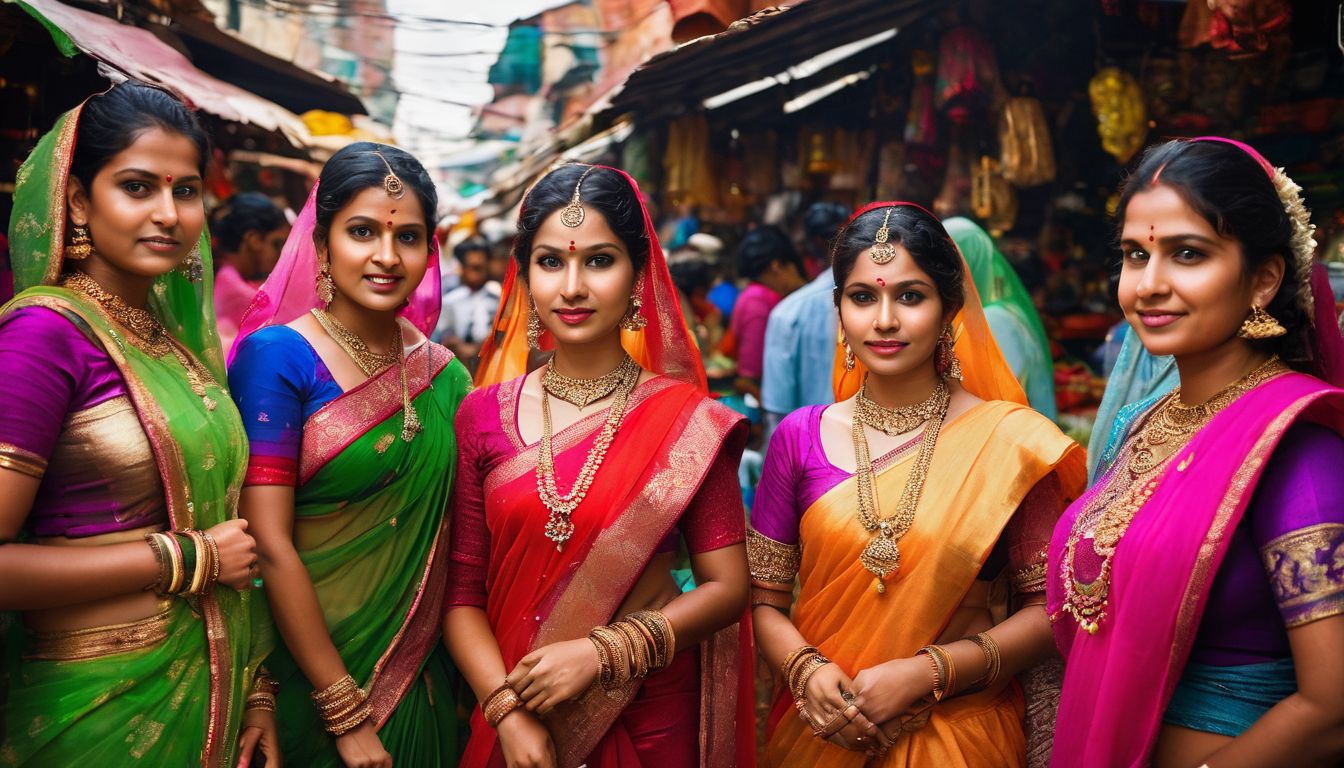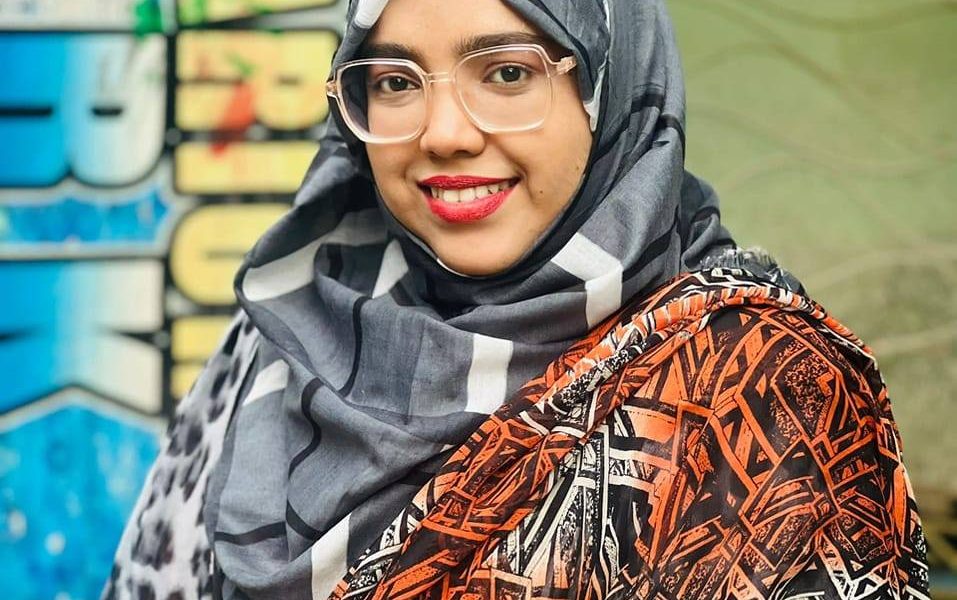How Women in Bangladesh and the Global South Are Rewriting Economic Rules
In the heart of rural Bangladesh, 28-year-old Rina Begum (pseudo name) starts her day not in the fields, but in front of a smartphone screen. Through Facebook, she manages a modest but growing business selling hand-embroidered clothing. “I never thought I’d earn money from home,” she says. “Now I make more than my husband.”
Rina is one of millions of women across Bangladesh and the Global South reshaping their financial realities. Where once tradition confined them to unpaid domestic labor, women are increasingly claiming space as earners, innovators, and entrepreneurs. At the core of this transformation lies what many are calling the Freedom Formula: Skill + Mindset + Strategy.

This formula isn’t new — but its application by women, especially in low- and middle-income countries, marks a shift worth noting. In Bangladesh, female participation in the labor force has grown significantly, driven by sectors like ready-made garments, digital freelancing, and cottage industries. Initiatives such as BRAC’s skills training programs and government-supported ICT education have allowed women, even in remote villages, to access knowledge once out of reach.
But skill alone isn’t enough. A mindset shift is powering this revolution. “For years, women were told to support — not lead,” says Samira Hossain (pseudo name), a Dhaka-based development researcher. “Today’s generation is challenging that script.” Across South Asia and Africa, women are increasingly investing in themselves, building self-confidence, and demanding visibility. From home-based freelancers in Chattogram to female tech entrepreneurs in Nairobi, the story is the same: mindset matters.
The third pillar — strategy — is perhaps the quiet engine behind it all. Women are learning to budget, save, and reinvest. They are forming cooperatives, leveraging mobile banking platforms like bKash, and creating sustainable income streams with limited resources. It’s not just about earning more; it’s about owning the process.
This wave of empowerment is having a ripple effect. Studies show that when women control money, families are more likely to invest in education, nutrition, and healthcare. Girls go to school. Communities prosper. A single mother’s skill becomes her daughter’s future.
Challenges remain — from gender bias to digital access gaps — but the direction is clear. In Bangladesh and beyond, women are rewriting their financial futures not with handouts, but with grit, knowledge, and vision.
The Freedom Formula isn’t a one-size-fits-all model. But it offers something every woman can start with: a way forward. And in this new economy, forward is the only way to go.













No Comment! Be the first one.